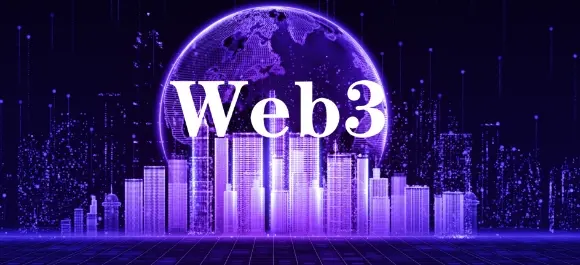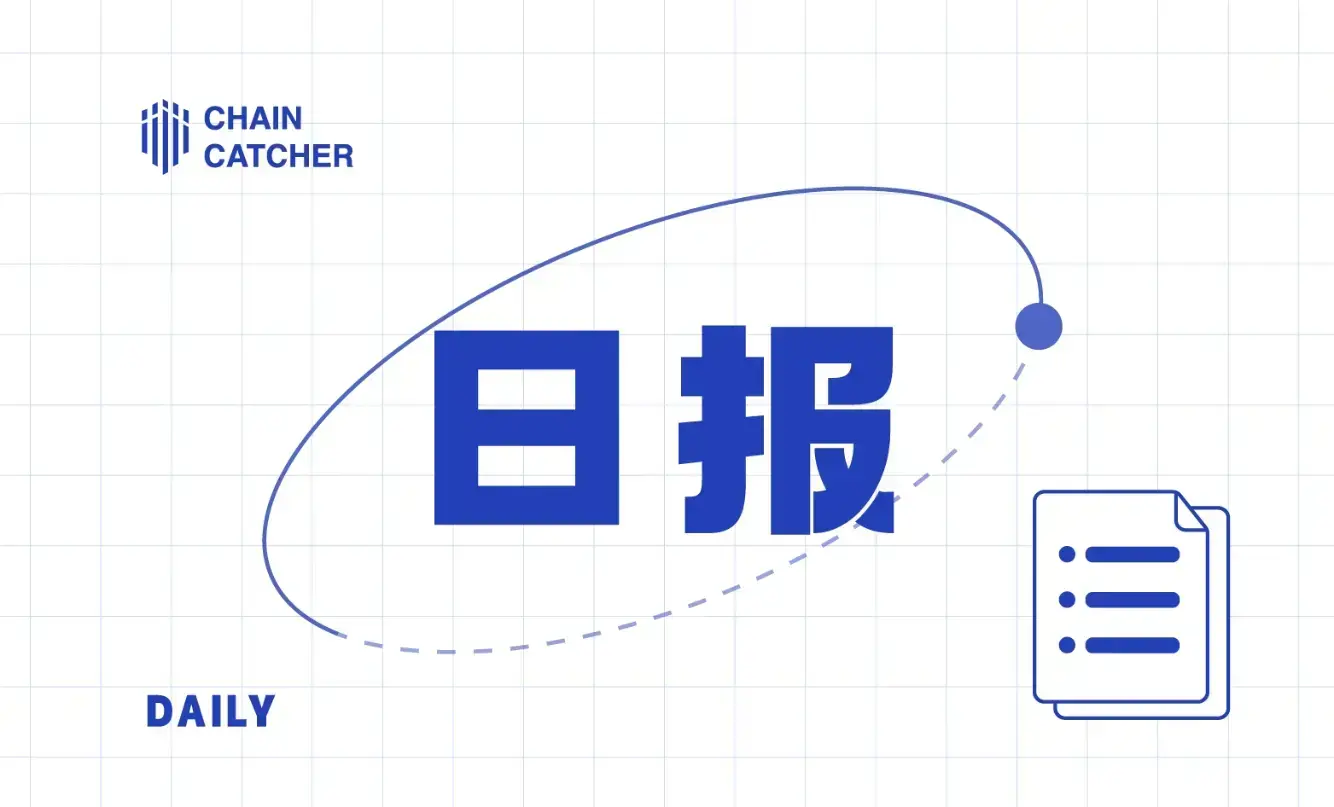A summary of key information from the White House cryptocurrency summit: Policy signals released, stablecoin legislation becomes the focus
Author: Fairy, ChainCatcher
Editor: TB, ChainCatcher
Early this morning, the U.S. White House Crypto Summit officially kicked off, with the White House providing about 25 minutes of live coverage. Despite high expectations from the outside, the live content did not reveal any new policies or significant information.
U.S. President Trump’s speech at the summit was relatively brief, serving more as an opening host. The remarks from attendees were mostly ceremonial, focusing on the progress of crypto policies since the Trump administration took office and expressing support for Trump himself.
Although the summit lacked substantial policy updates, the market remained closely attentive to the potential signals behind it. This article will summarize all the noteworthy information from the summit and highlight the interview content of White House AI and Crypto Director David Sacks prior to the summit.

Strategy Founder Submits Crypto Document, Focusing on Policy Vision and Industry Standards
According to Fox reporter Eleanor Terrett, the founder of Strategy submitted a document on digital assets to the presidential working group and the SEC's crypto task force.
This document became one of the discussion topics at the White House Crypto Summit, with the cover primarily focusing on digital asset terminology, policy vision, and objectives.
The core objectives include:
- "Establish a sound framework to promote crypto revival."
- "Unlock the potential of the crypto industry to foster global economic growth."
- "Become the world's banker by revitalizing capitalism and property rights."
Additionally, the bottom of the document emphasized industry standards, requiring all market participants to adhere to fair disclosure principles, uphold ethical behavior, and commit to avoiding conflicts of interest. ****

Summit Focuses on Overturning Biden Policies
A senior White House official confirmed before the meeting that this summit focuses on overturning the unfavorable policies of the Biden administration.
The official stated that the summit aims to provide a platform for industry leaders to offer regulatory feedback and emphasized: "The president promised to form a cryptocurrency committee during his campaign, and he wants to hear the industry's advice and feedback, which is the core purpose of the summit."
Stablecoin Legislation Goal: Plan to Complete Before August Congressional Recess
At the summit, Trump stated that he would push for stablecoin legislation and plans to complete it before the August congressional recess. The initial goal was to submit legislation within the first 100 days of his term, but this timeline has now been extended by four months.
U.S. Treasury Secretary Scott Bessent stated at the meeting: "We will conduct an in-depth examination of the stablecoin system. As President Trump indicated, the U.S. will maintain its position as the global dominant reserve currency and utilize stablecoins to achieve this goal."
Trump Calls for Ending "Operation Choke Point 2.0"
Trump not only discussed stablecoin legislation but also expressed views on the issue of de-banking, calling for an end to the policy known as "Operation Choke Point 2.0."
Trump stated at the summit: "Regulators have put strong pressure on banks. They (the Biden administration) are forcing banks to close the accounts of crypto companies and entrepreneurs, blocking the flow of some funds between exchanges, and weaponizing the government against the entire industry." He added, "But I also deeply empathize, perhaps more than you all understand."
Additionally, Treasury Secretary Scott Bessent promised to revoke the IRS's previous guidance and related punitive regulatory measures. Meanwhile, the Office of the Comptroller of the Currency (OCC) is withdrawing the restrictive guidance issued in 2020, which had limited banks' cooperation with the crypto industry and prohibited banks from custodying crypto assets. This move is seen as a long-awaited positive signal for the crypto industry and banks, potentially encouraging banks to more actively engage in digital asset business.
ADA, SOL Mentioned Only Due to Their Top Five Market Capitalization, Trump Crypto Projects Unrelated to Policies
Before the White House Crypto Summit began, White House AI and Crypto Director David Sacks stated in an interview that Bitcoin holds significant strategic importance for the U.S. due to its scarcity and long-term store of value.
When discussing strategic Bitcoin reserves and digital asset reserves, he mentioned that ADA, SOL, and XRP were referenced because they rank in the top five by market capitalization; this does not indicate any special preference or policy inclination from the government towards these assets.
In response to concerns about potential conflicts of interest regarding Trump’s personal crypto assets (such as meme coins), Sacks clearly stated that these projects are "unrelated" to government crypto policy and will not affect industry regulation. He further clarified: "This will not have any impact and is unrelated to our work."
No Plans to Sell Gold to Purchase Bitcoin
When asked whether Trump has personal investments in Bitcoin or other crypto assets, Sacks sharply refuted, stating: "There is no evidence to support these claims."
Regarding whether the U.S. would sell gold or other reserve assets to purchase Bitcoin, Sacks indicated that the Trump administration has not yet discussed this, but the Treasury and Commerce Departments may weigh this option in the future, with the final decision still resting with these two agencies.

With the rapid development of the crypto industry and the growing market demand, the interaction between the government and the industry will become increasingly important. Although the White House Crypto Summit did not bring direct breakthroughs at the policy level, it indeed provided an important dialogue platform for the crypto industry. In the future, finding a balance between regulatory compliance and industry innovation will remain a key challenge.
ChainCatcher will continue to monitor the disclosure of summit-related information, as well as subsequent policy trends and industry developments.









